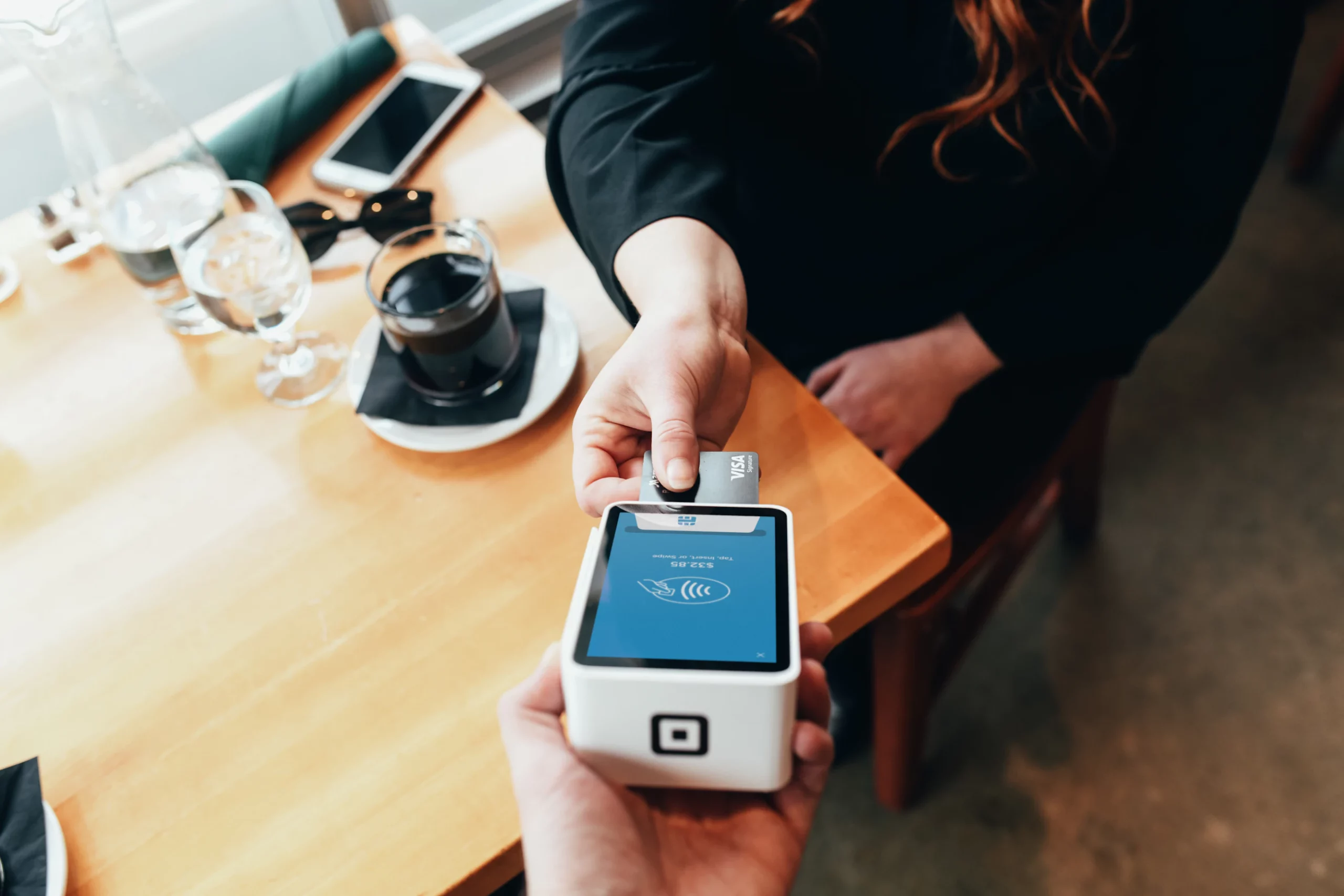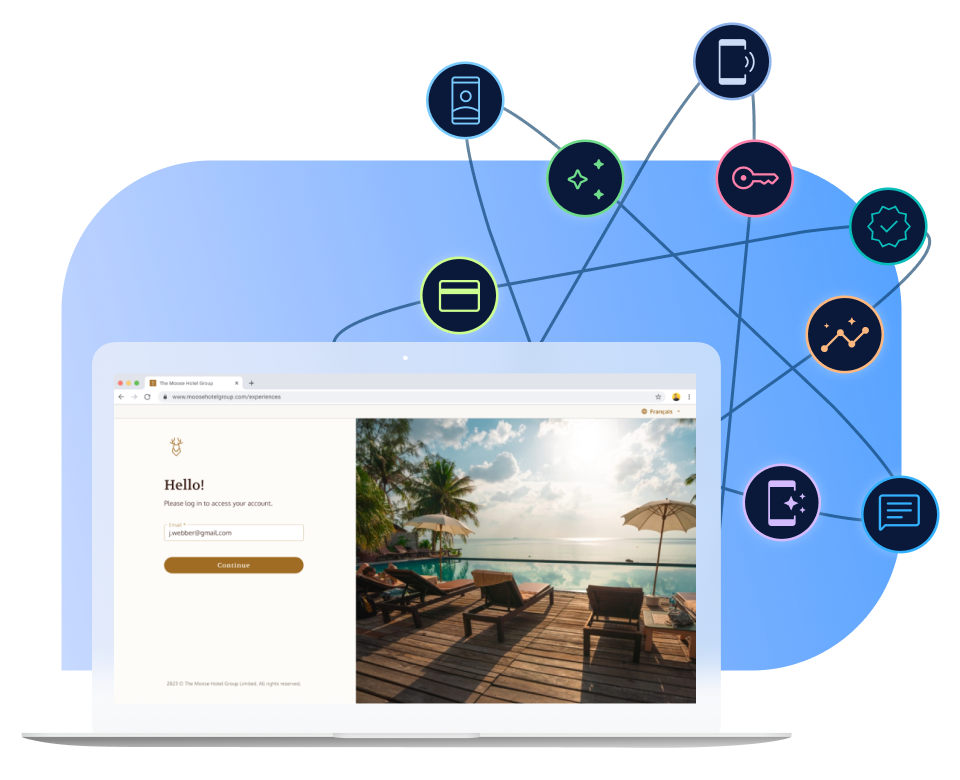UK: Boutique Hotel News (BHN), in partnership with Agilysys, a global leader in hospitality technology, hosted a business breakfast debate in London, exploring the topic of ADR has a ceiling.
Hosted at BrewDog Waterloo, the topic of conversation focussed on ADR has a ceiling: Optimising space to maximise revenue.
Following a short introduction by BHN editor Eloise Hanson, Agilysys’ Paul Finch kicked off the conversation by asking whether ADR was even the right metric. He made the case that revenue per guest rather than revenue per room (RevPAR) or ADR is a guest-centric philosophy and approach that offers more revenue optimisation.
Finch and his colleague Mathew Prosser shared an analysis of guest spend from over 1000 guests over a four-year period at a specific property, which identified potential additional revenue that had previously been missed of $1.8 million. Agilysys’ “Propensity Projection” modelling, which uses state-of-the-art AI technology, identified that a 9.3 per cent revenue uplift is very realistically available with the right approach.
Finch and Prosser explained that one of the big challenges facing hoteliers today is accessing real-time data that would allow them to capitalise on this opportunity, the benefits of doing so being not only a healthier bottom line but also a higher degree of guest satisfaction and an uptick in rebooking.
Examples of what having real-time guest data that were discussed included:
• Offering the most guest-relevant upgrades at both pre-check-in and again at check-in
• Tailoring targeted offers to the individual ie. did they accept it last time?
• What room did they prefer?
• Who should a hotel offer the most profitable products and services, and at what time?
Companies represented in the room included Imperial Hotels London, Lore Group, 1 Hotel Mayfair, Hart London Shoreditch, PPHE, Cycas Hospitality, Rosewood London, The Athenaeum, The Residence, C1 Capital, Atellior, Sutton Hotel Group, Ciel Capital and more.
Everyone in the room agreed that the ideal situation would be for all hotel employees to have a consistent and real-time level of insight, all in one ecosystem, while the guest is on the property. All agreed that post-stay reporting is great, but real-time reporting is more powerful.
Some of the topics covered during the conversation included:
What’s the best way to make special offers to guests in real-time?
Modern communication channels allow customers to receive text messaging / mobile communications, email, WhatsApp, or face-to-face communication. The room agreed that these needed to be tailored to the guests’ preferences to reflect the property’s brand values and approach to service. Finch explained that a guest’s profile sits in the middle of the Agilysys eco-system, which allows real-time, consistent, and highly tailored communication between the guest and the various employees of the property. When analysed by AI, capturing guest spending habits empowers employees to understand guests’ preferences. It needs to be better and allows for generating useful recommendations that guests find relevant and personal rather than intrusive and generic.
Does this guest-centric model work in a city centre location? For example, a hotel without golf courses or extensive facilities.
A good system should be able to track everything, from dining times and travel times, revealing the need for transport, perhaps in-room dining or even minibar preferences. One of the attendees shared that her hotel, a five-star property in the centre of London, used a manual spreadsheet to identify room upgrade opportunities. The manual approach worked very well, but the system required constant updates, meaning that accuracy, efficiency, and consistency were challenging. She also questioned whether her hotel was maximising the opportunities. It was agreed that a great system would integrate elements like loyalty programmes, room upgrades, restaurant bookings, spa, travel, and F&B. The conclusion is that a property doesn’t need a golf course to benefit from a revenue-per-guest approach.
The importance of data quality – particularly when it comes to duplicate entries.
The consensus was that multiple legacy systems with separate profiles for a single guest and high staff turnover have created a challenge for all. When the PMS sits in the middle, spotting and removing repetitions is easier. One participant said they manage the data in one area in one system—a single source of truth built from the ground up for this purpose.
Whilst it was generally agreed that ADR has not hit a ceiling, the revenue-per-guest model was considered a more powerful perspective. A hotel’s ability to raise the bar depends on its ability to unlock, consolidate, and use real-time data to enhance guests’ experiences while they are on the property, not after they have checked out.








